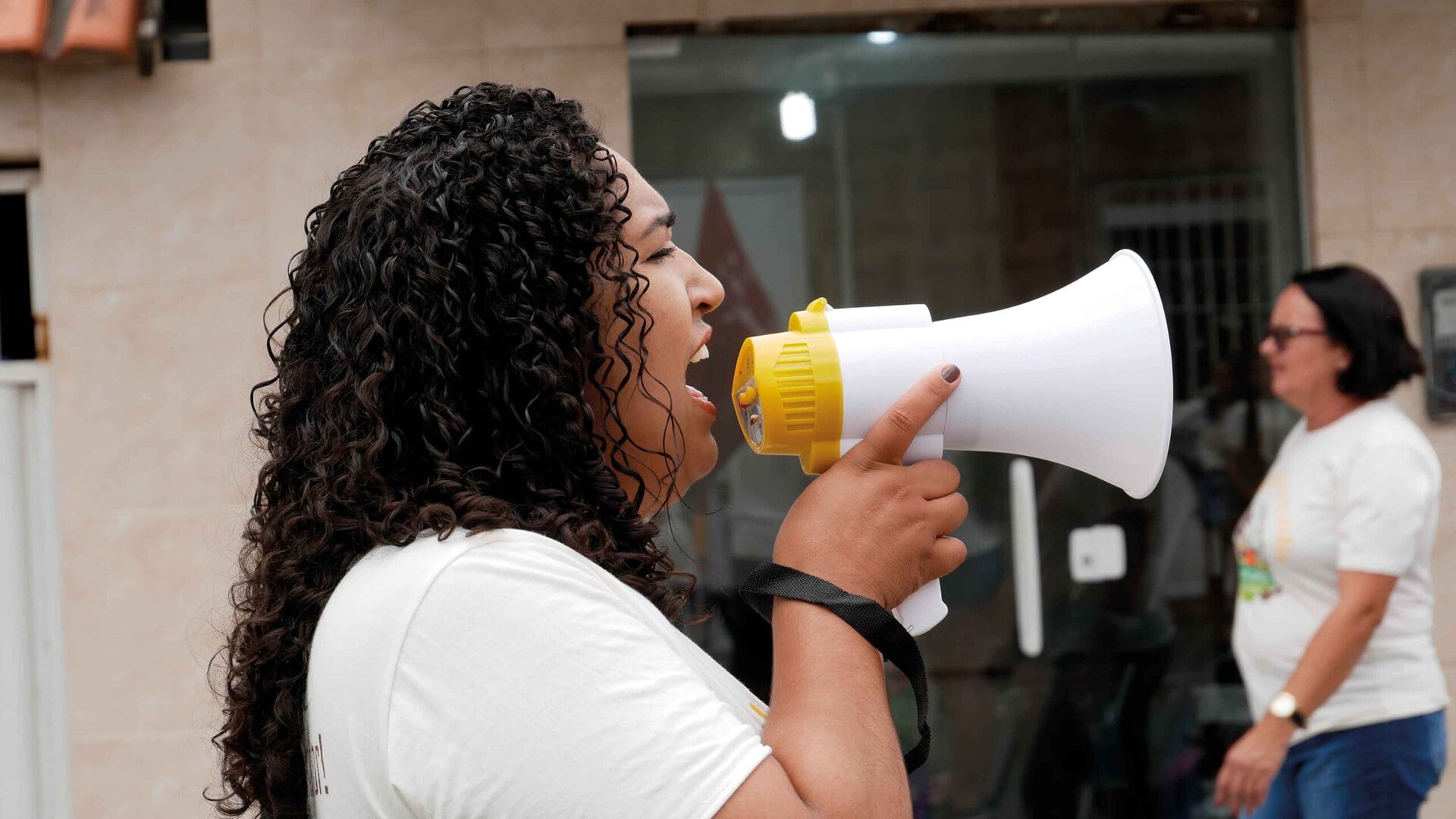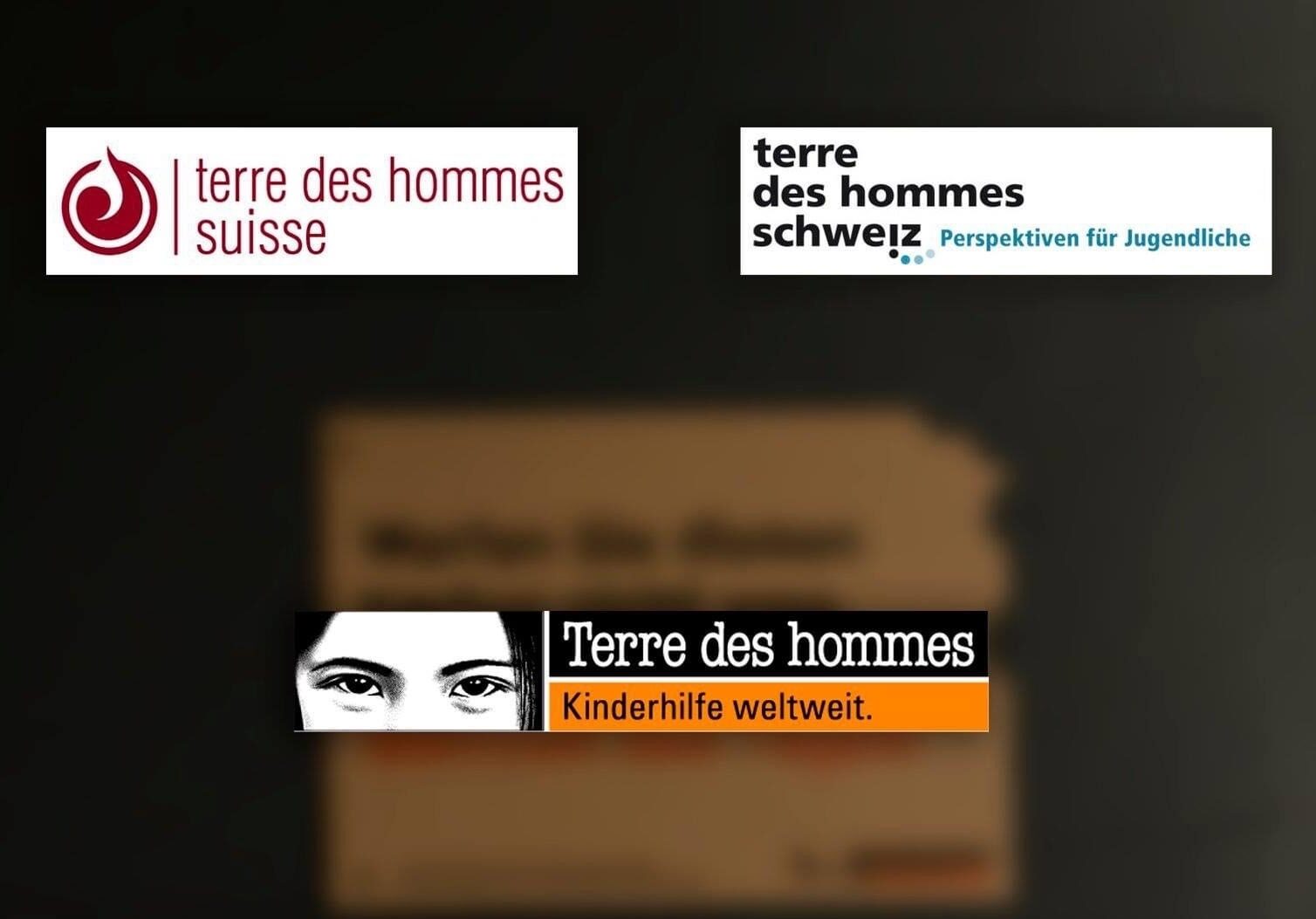Switzerland receives poor marks in the latest report to the UN Committee on the Rights of the Child. The Swiss Children’s Rights Network, of which terre des hommes schweiz is a member, states that the Confederation and cantons are far from respecting all the needs and rights of their children and young people. The network makes five demands of the Confederation and the cantons.
Too little say in court, poverty, inadequate accommodation and violence – Switzerland, of all countries, where the UN Committee on the Rights of the Child is based, receives a poor report card for the protection of its minors with this list. The Swiss Children’s Rights Network (NKS) regularly prepares a report for the UN Committee on the Rights of the Child, and this week the latest results are being presented. The alliance, which includes terre des hommes schweiz alongside numerous other organizations and is chaired by our employee Valentina Darbellay, formulates five demands for the federal government and cantons:
Violence in the family should be banned and protection extended
Every second child experiences physical or psychological violence in their upbringing, and every fifth child even experiences severe violence. Violence within the family is not explicitly prohibited in Switzerland. The UN Convention on the Rights of the Child, which Switzerland has also ratified, states that violence against children is in no way justified. This is why the Swiss Children’s Rights Network demands: “The right to a non-violent upbringing must therefore be enshrined in the Civil Code.” This is already the case in most neighboring European countries.
However, this is not enough to curb violence against children. The protection of children urgently needs to be expanded. The services and offers of some cantons are not sufficient for early detection and prevention. The Swiss Children’s Rights Network is also calling for more commitment from the federal government to help and protect children and young people.
No child should have to live in poverty
Children in poverty have a poorer start in life, writes the NCP. “Children who grow up in poverty experience material disadvantage, social exclusion and have poorer educational opportunities.” This disadvantage sticks with the children for a long time: “Children often remain poor into adulthood,” the NCP continues.
According to the Federal Statistical Office (FSO), 108,000 children in Switzerland are affected by this and a further 155,000 live just above the poverty line. The NCP is calling for comprehensive supplementary benefits for families, as already offered by some cantons. This is because the cause of child poverty “are high maintenance costs, low parental incomes and a lack of opportunities to reconcile work and family life.”
Appropriate accommodation and care for refugee children
Families who apply for asylum in Switzerland are not always housed in suitable facilities. “There is a lack of child-friendly rooms, development and play opportunities for younger children and support for parents with children in the asylum centers,” writes the NCP. Asylum-seeking families have often been through a lot. Around half of all underage asylum seekers therefore suffer from psychological stress. The network is therefore calling for “family and child-friendly accommodation and care for refugee children” as well as low-threshold psychosocial services.
Refugee children should also be able to benefit from the education on offer, regardless of their residence status. The first Swiss Refugee Parliament made the same demand to the Federal Council and Parliament last Sunday. The Council of States rejected a corresponding proposal this year.
Children must be heard
Children and young people must be able to testify in court in family disputes – such as divorces – and be involved in proceedings. This is stated in the Convention on the Rights of the Child. Judges should take the opinions, views and wishes of children into account in their judgment. Although the Swiss Civil Code stipulates precisely this, in reality children’s voices often go unheard in court.
The NCP writes: “With joint parental custody as the norm, the pressure on children to comply with the wishes of both parents increases. The courts’ ideas of favorable family development conditions are also often conservative and the (attachment) needs and statements of the children are ignored.” This also applies to migration and asylum proceedings.
To date, there has been no ombudsman’s office to which children and young people could turn in such cases. A corresponding motion has already been passed by Parliament.
Less “cantonalism” and meaningful data
The welfare of children is still strongly linked to the family’s place of residence and their socio-economic background. There are major differences between the cantons in terms of low-threshold support services and the quality and speed with which they respond to cases of child endangerment. The UN Committee on the Rights of the Child has previously recommended that cantonal specialists coordinate better in child protection cases. The Federal Council also considers this to be urgent, but does not wish to define a comprehensive, nationwide strategy for this. The NCP calls for: “A national strategy is needed in the areas of violence prevention, access to support services for families, quality of residential care and foster care.”
Further shortcomings in the implementation of children’s rights should be identified as quickly and easily as possible. However, this is only possible with comprehensive and meaningful data. The federal system stands in the way of this, as “different cantonal terms and concepts for data collection on important children’s rights issues make comparability difficult”, the NCP states. The network is therefore calling for comparable data on the protection, development and participation of children and young people in Switzerland.
terre des hommes schweiz supports these demands
In all our project countries – including Switzerland – the protection of children’s rights is a key concern. We encourage children and young people to stand up for their rights and work with our partners in Latin America and Africa to provide support in cases of violence. In Switzerland, our Baobab, TDH Éducation and imagine projects raise awareness of children’s rights among children and young people. In the MePower project, we promote the participation of young refugees in Switzerland and provide psychosocial support. As a member of the Swiss Children’s Rights Network, we support these demands for better implementation of children’s rights in Switzerland.
To the press release of the Swiss Children’s Rights Network
Picture of the Palais Wilson in Geneva (headquarters of the UN Committee on the Rights of the Child): Flickr/U.S. Mission Geneva/ Eric Bridiers CC BY-ND 2.0



